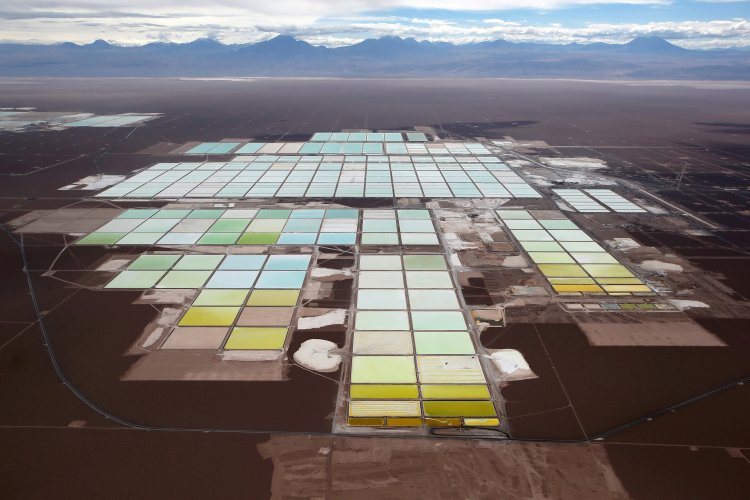Chile Expands Lithium Production Goals

The government of leftist Gabriel Boric announced that it expects between three and five new lithium exploitation projects to be developed in the next two years, within the framework of the public-private strategy that seeks to double the current production of the mineral in the next decade.
Chile, the world's second largest producer of this key mineral for the manufacture of batteries for electric mobility, formally opened the process for private investors, Chilean or foreign, to show their interest in developing lithium projects in some of the 26 salt flats, which They represent 18% of the saline territory of the South American country.
"We hope that at the end of our government in March 2026 between three to five new lithium projects will be under development, " Economy Minister Nicolás Grau said at a press conference.
The Boric government has already defined the exploitation and protection of Chile's salt flat network, which has one of the largest known reserves of the mineral, critical for the global energy transition.
The process of receiving interest for the 26 salt flats - located throughout the extensive Atacama Desert in northern Chile - will last 60 days. The results will be announced next July.
In parallel, the process is advancing to jointly exploit five salt flats between public and private agents: Pedernales, Grande, Los Infieles, La Isla and Aguilar.
Due to its strategic importance and quantity of production, the Chilean State will have the majority participation in the exploitation of the Atacama salt flat and the Maricunga salt flat.
From the Atacama salt flat, Chile currently extracts all the lithium it exports, through exploitation through concessions from the Chilean company SQM and the American company Albemarle.
Last year, lithium carbonate exports represented 5.3% of total Chilean shipments, down from 8.4% in 2022.















